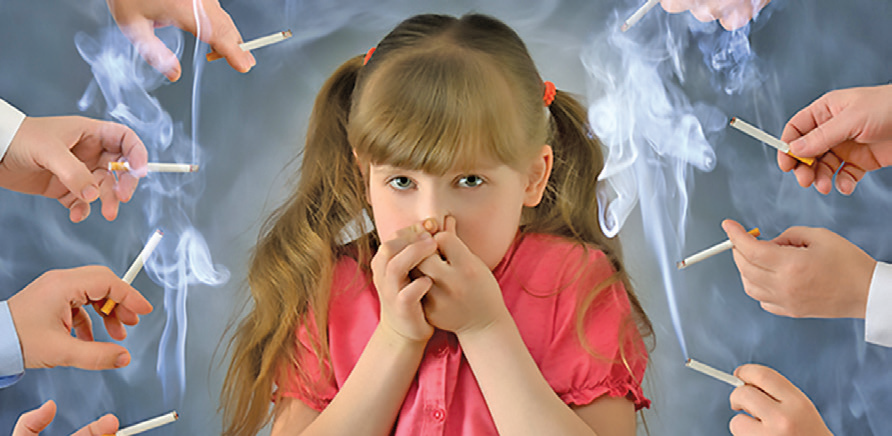
Infant Protection Day: Tackling vaccine hesitancy & the dangers of secondhand smoke
Expert urges parents to prioritise vaccinations, breastfeeding & eliminate smoke exposure to protect the health of their infants
As we observe Infant Protection Day on November 7, it’s crucial to recognise the importance of safeguarding the health and well-being of infants. According to the Sample Registration System (SRS) Bulletin of the Registrar General of India (RGI), India has made significant strides in reducing the Infant Mortality Rate (IMR). In 2015, the IMR stood at 37 per 1,000 live births, and by 2019, it had decreased to 30. While this progress is encouraging, the country still has a long way to go.
Dr Raghunath CN, a Consultant Pediatrician at Sagar Hospitals, Bengaluru, highlights that long waiting times, high costs, and potential language barriers make it difficult for parents to access timely care. He adds, "Affordability is a significant concern, especially for lower-income families." Preventive healthcare is essential for the well-being of infants and vaccination plays a critical role in protecting children from preventable diseases. Unfortunately, misconceptions and misinformation surrounding vaccinations continue to persist. Dr Raghunath observes that many parents are hesitant to vaccinate their children due to fears of side effects or adverse reactions. “Everyone now is a doctor after Googling everything before coming to us. Some parents are afraid of allergic reactions after vaccination and with the rise of misinformation on social media, this fear is only amplified," he says.
Breastfeeding plays a crucial role in infant health. Dr. Raghunath emphasises, “Breast milk is the best possible nutrition for infants in the first six months. It provides essential antibodies and reduces the risk of infections.” However, in a bustling city like Bengaluru, many parents face challenges in maintaining breastfeeding due to work commitments. "Exclusive breastfeeding for the first six months is ideal, but if a mother has to return to work, expressing and storing milk is a viable option," he suggests. Infants are vulnerable to several illnesses, including respiratory infections, and seasonal flu.
Diarrhoea remains a cause of illness in infants. Parents should ensure regular handwashing, proper sanitation, and timely vaccinations. Dr Raghunath emphasises that secondhand smoke is one of the most significant environmental hazards for infants. "Many parents don't realise that smoking near their baby in public spaces can also lead to significant exposure to toxic substances," he adds.
 English daily published in Bengaluru & Doha
English daily published in Bengaluru & Doha






